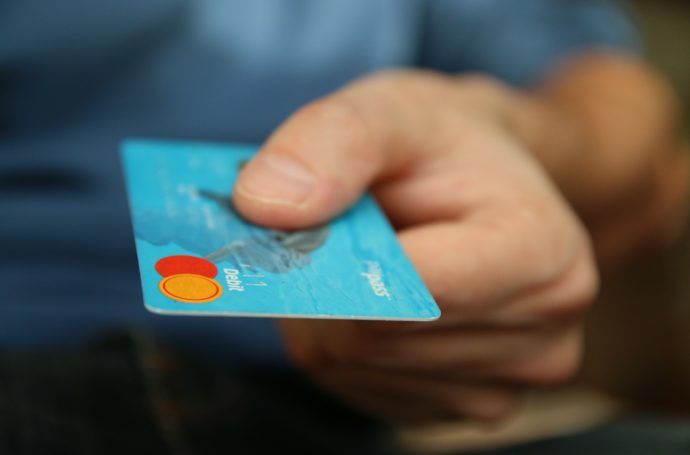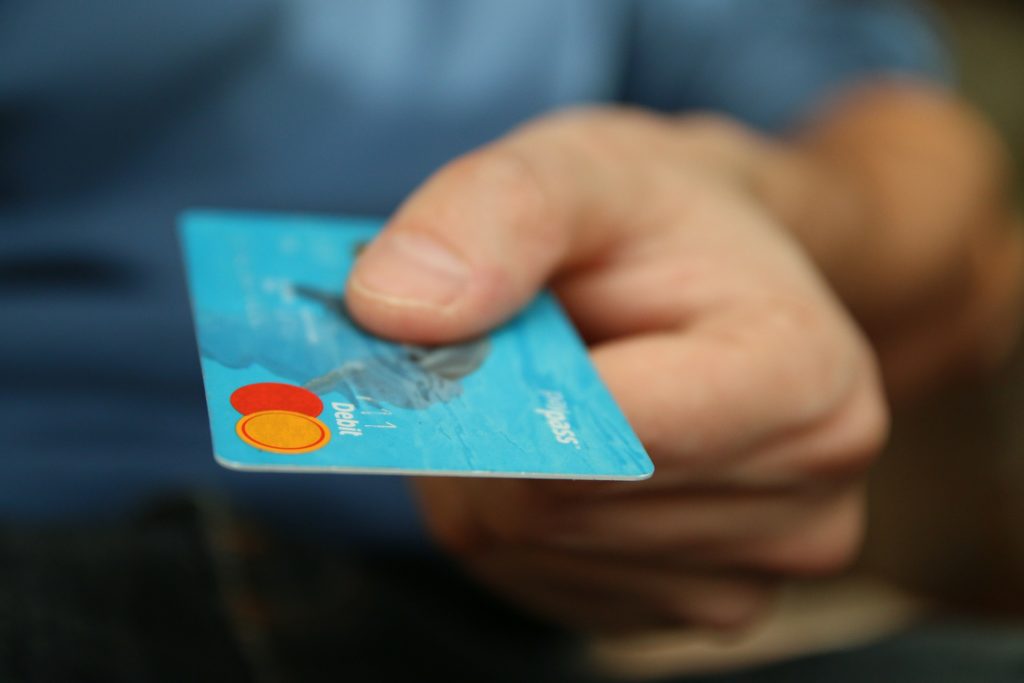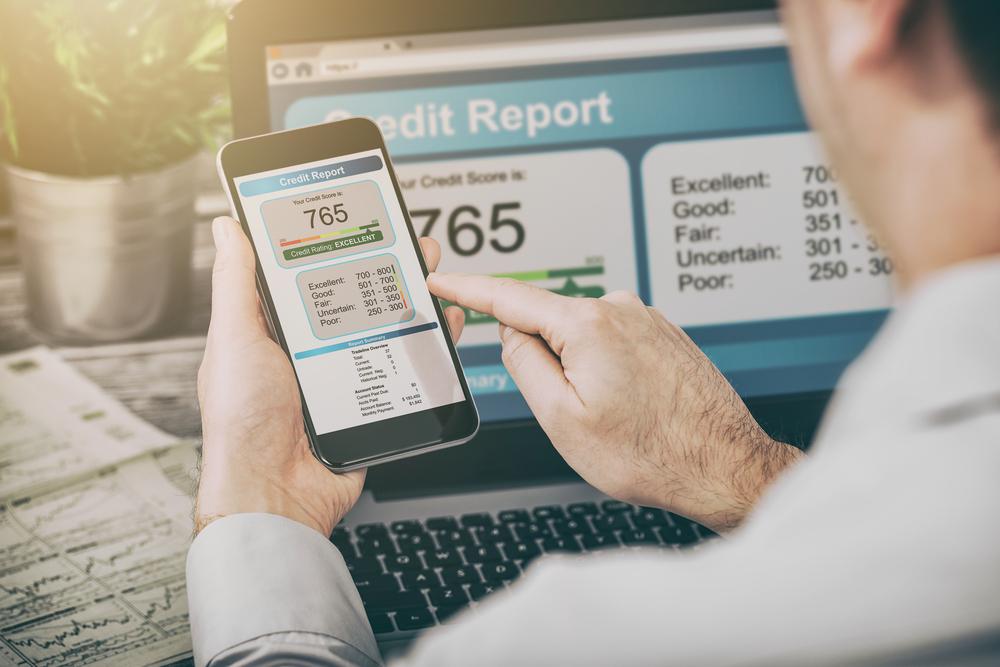Tourists searching for affordable accommodation have various options to consider. For budget tourists looking for a more homely experience, vacation rentals are an obvious choice. These properties can be as basic or as sophisticated as you want.
For real estate investors, vacation rentals present great opportunities for generating passive income.

Want to buy a vacation house to rent out? Find out the do’s and don’ts before taking the plunge.
Tips for Buying Your First Vacation Rental Home
i) Research Extensively
Before you buy a vacation house to rent out, research well. In particular, check how desirable the location of the house is, the average market rental rates, your expected ROI, local occupancy rates, and the affordability of the house.
Ideally, you want the home to be conveniently located near areas that tourists frequent, such as mountains, beaches, national parks, casinos, and other attractions.
Search for homes that match your criteria at online listings websites. You can also hire local realtors to help you with the search.
ii) Calculate the Income Potential
Carry out a cost-benefit analysis to determine whether it would make financial sense to make an offer for a vacation rental house. Remember, the home may not be occupied throughout the year. With this in mind, will it still be able to turn a profit?
Check the vacancy rates and rental income of the location where the house is located. After this, compare the expected income against the operational costs, not forgetting to factor in vacancy periods. This should give you a good idea whether it would be profitable to own the vacation home.
iii) Consider Ongoing Costs
There are several costs you will need to cater to as a vacation homeowner. Remember, you are using the home as an income-generating asset. Therefore, there will be recurring costs to be footed. For example, if you hire a realtor to manage the property, you will need to pay property management fees.
Also, depending on where you purchase the vacation home, you may need to pay listing fees, utilities, hotel taxes (occupancy taxes), insurance, HOA fees, licenses, etc.
Note down all the recurring expenses of the vacation home and find out whether they are likely to exceed the income generated.
iv) How Will You Make Money?
Rental income is just one of the multiple ways of making money with a vacation rental home. Apart from rent, the house can generate money through exclusive hotel programs, Airbnb, Vacation Rental By Owner (VRBO), and other ways.
Below is a rundown of the income-generating opportunities available for a vacation rental:
- Exclusive Hotel Programs. After buying a vacation home, you can partner with hotels to rent it out through their rental program. With such programs, the hotels typically maintain and rent out the house on your behalf.
- Airbnb. If you want to be directly involved in the management and letting of the home, list it on Airbnb. On the website, you’ll have to describe your property, its features and amenities, bedrooms, and bathrooms. You will be charged a service fee every time someone books your property through Airbnb.
- Vacation Rental By Owner (VRBO). You can also list your home on VRBO and other vacation rental classified sites. If you don’t want to be involved in the daily operations and management of the home, hire a property manager to help you.
v) Get a Home that You Can Use
A vacation home is meant to be your humble abode where you can rejuvenate away from your family home. Therefore, get a home that you will not have a problem using.
Since you won’t be spending a lot of time at the vacation home, it doesn’t have to meet all the requirements of your family home. However, you still want it to be functional and even luxurious, especially if you plan on renting it out to vacationers.
Location, size, amenities, and features are some of the important factors to consider when evaluating various potential vacation homes to buy.
vi) Get Help Where Necessary
If you are purchasing a vacation home in a different state or jurisdiction, it’s important to follow all the local and state laws regarding the transaction. Here, you may need to get help from a local realtor, a qualified tax professional, and a real estate attorney.
Before investing in a vacation home, find out about the taxes you will be liable to pay. For example, you should know how rental income taxes, occupancy taxes, and property taxes work in the area where the house is located.
To snatch great deals on a vacation home, work with local realtors. These professionals have extensive knowledge of the real estate market and may know of deals that are not publicly advertised, which may fit your bill.
Getting a great deal for a vacation home all boils down to research and patience. Follow the tips above when looking to purchase a vacation home.

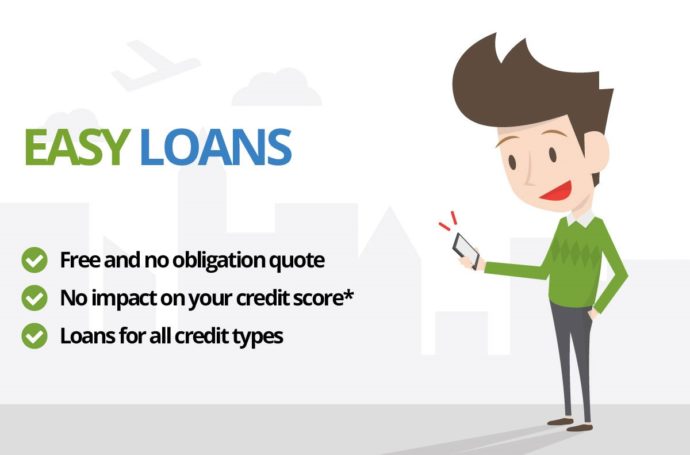
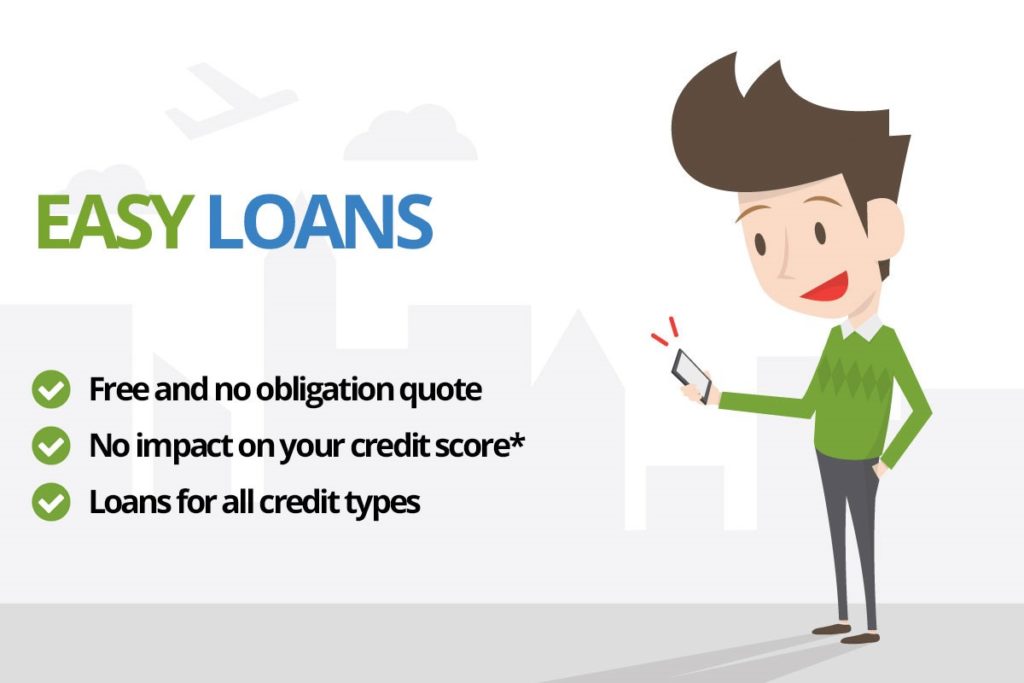
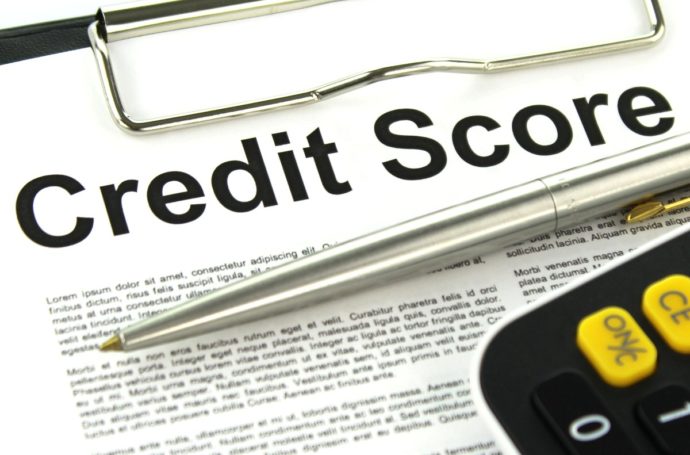
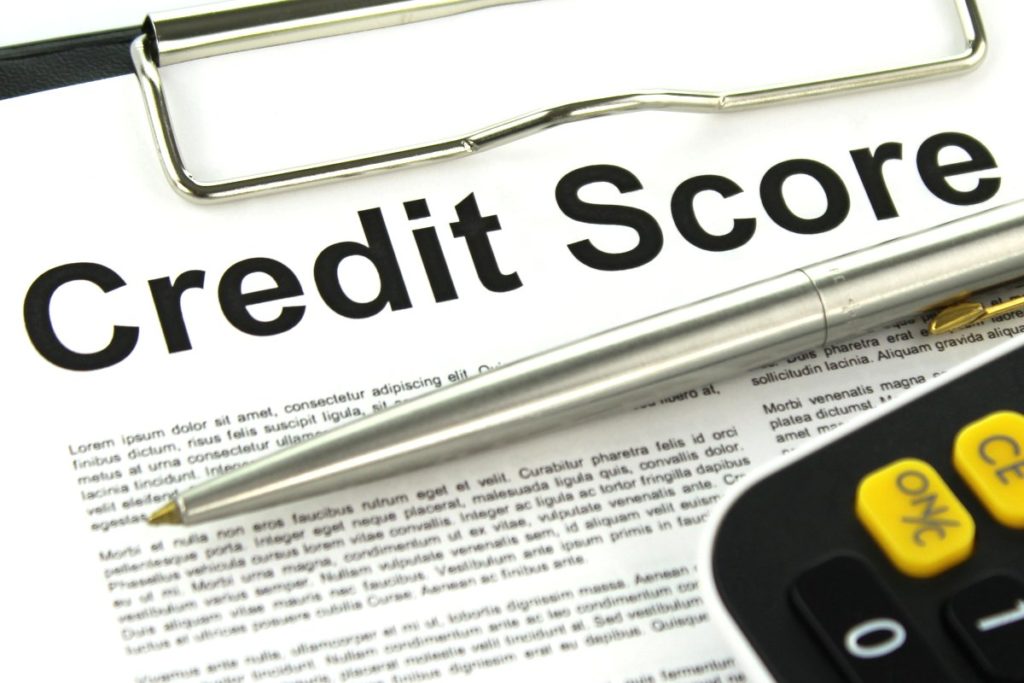 Your credit score might seem like a minor detail in the grand scheme of your life. But it can play a big role at certain points—namely when you need to borrow money. These are a few reasons why your credit score matters.
Your credit score might seem like a minor detail in the grand scheme of your life. But it can play a big role at certain points—namely when you need to borrow money. These are a few reasons why your credit score matters. 
 Learning to properly manage the money you have makes a huge impact on where you end up in life. If you can’t get a hold on your finances, you will spend your life juggling payments and debts.
Learning to properly manage the money you have makes a huge impact on where you end up in life. If you can’t get a hold on your finances, you will spend your life juggling payments and debts. 
 A little extra money in your pocket is never a bad thing. Making money isn’t as hard as people think, as long as you know the right channels to travel. There are plenty of simple ways to make an extra dollar.
A little extra money in your pocket is never a bad thing. Making money isn’t as hard as people think, as long as you know the right channels to travel. There are plenty of simple ways to make an extra dollar. 
 If you’re ready to start
If you’re ready to start 